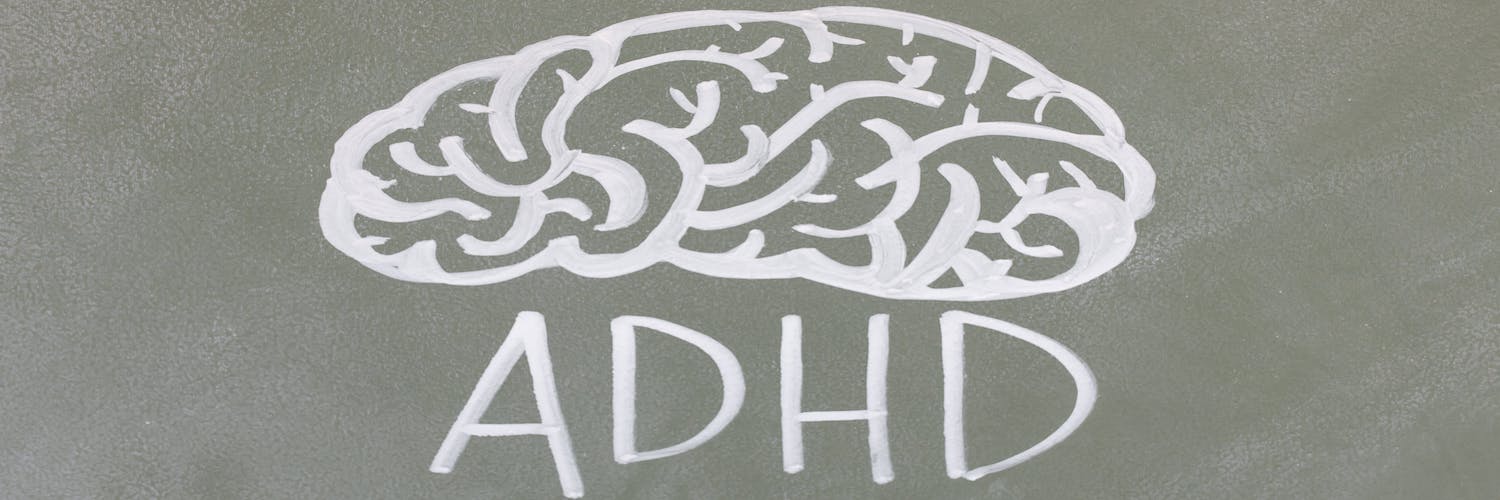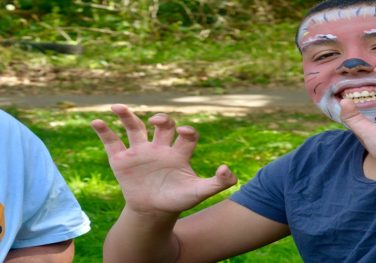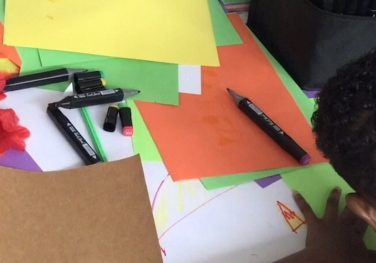ADHD Foundation Neurodiversity Charity
Raising awareness and understanding of neurodiversity
At every school, there are pupils who think and learn differently. We believe this neurodiversity should be celebrated. That’s why we’re supporting a project to upskill teachers and support staff and help make sure schools are truly inclusive – so all learners can achieve their potential.
With our grant of £22,000, the ADHD Foundation will work with around 1,000 teachers and support staff, as well as parents/carers in 20 designated schools across 7 London boroughs. Through live-streamed weekly sessions, they’ll provide strategies to improve educational attainment for all children. Webinars aimed at parents/carers will help them to play a more active role in supporting their child’s education and development of social skills and self-care strategies. There will be six available webinars – 3 covering ADHD and 3 covering other special educational needs such as dyslexia, dyspraxia, dyscalculia and Tourette’s.
- 1 in 5 children and adults think differently – 2.5 million children in the UK are neurodiverse.
- Every year, the charity trains more than 30,000 teachers and 8,000 healthcare practitioners. Over 28,000 employees benefit from workplace training annually, too.
- The ADHD Foundation Neurodiversity Charity supports more than 1,200 children with one-to-one psychological therapy and 6,000 parents through live-streamed support, every year.

Personalised support
As part of the project, 600 London students will be given a ‘cognitive profile’. This is a personalised report to help the child and their support system understand how the way they think influences their learning style. The cognitive profiles will help education professionals and parents personalise learning, reduce the child’s anxiety and, if needed, refer them for any medical assessment.
Our grant will also contribute to a series of whole community learning sessions on vulnerability to crime. There will be 10 in-person training events for school staff, parents, and school partner agencies who work with vulnerable young people involved in crime, victims of crime or gang grooming. The aim of this training is to consolidate learning and improve home-school relationships and collaboration.
“At Kusuma Trust, we want to help create a society where everyone’s contributions are valued. We’re partnering with an increasing range of organisations that celebrate the different ways people think. This project from ADHD Foundation will support teachers, school staff, parents and carers to better understand neurodivergent young people and highlight their exceptional skills and talents.”
More Success Stories

KIDS Lady Allen Adventure Playground

Ambitious about Autism

